Class of 2018
Esra Abd-elrahman, Faiza Ahmad Khan, Riccardo Badano, Nelson Beer, Guillaume De Vore, Halima Haruna, Patrick Harvey, Rebecca Huxley, Anna Sofie Hvid Hansen, Naiza Khan, Robert Krawczyk, Enrico Murtula, Riccardo Badano, Imani Robinson, Hanna Rullman, Erin Schneider, Ariadna Serrahima, Elena Solis, Ido Tsarfati, Clive Vella, Sarah Vowden, Liza Walling
Archival Testimony
Faiza Ahmad Khan (RA)
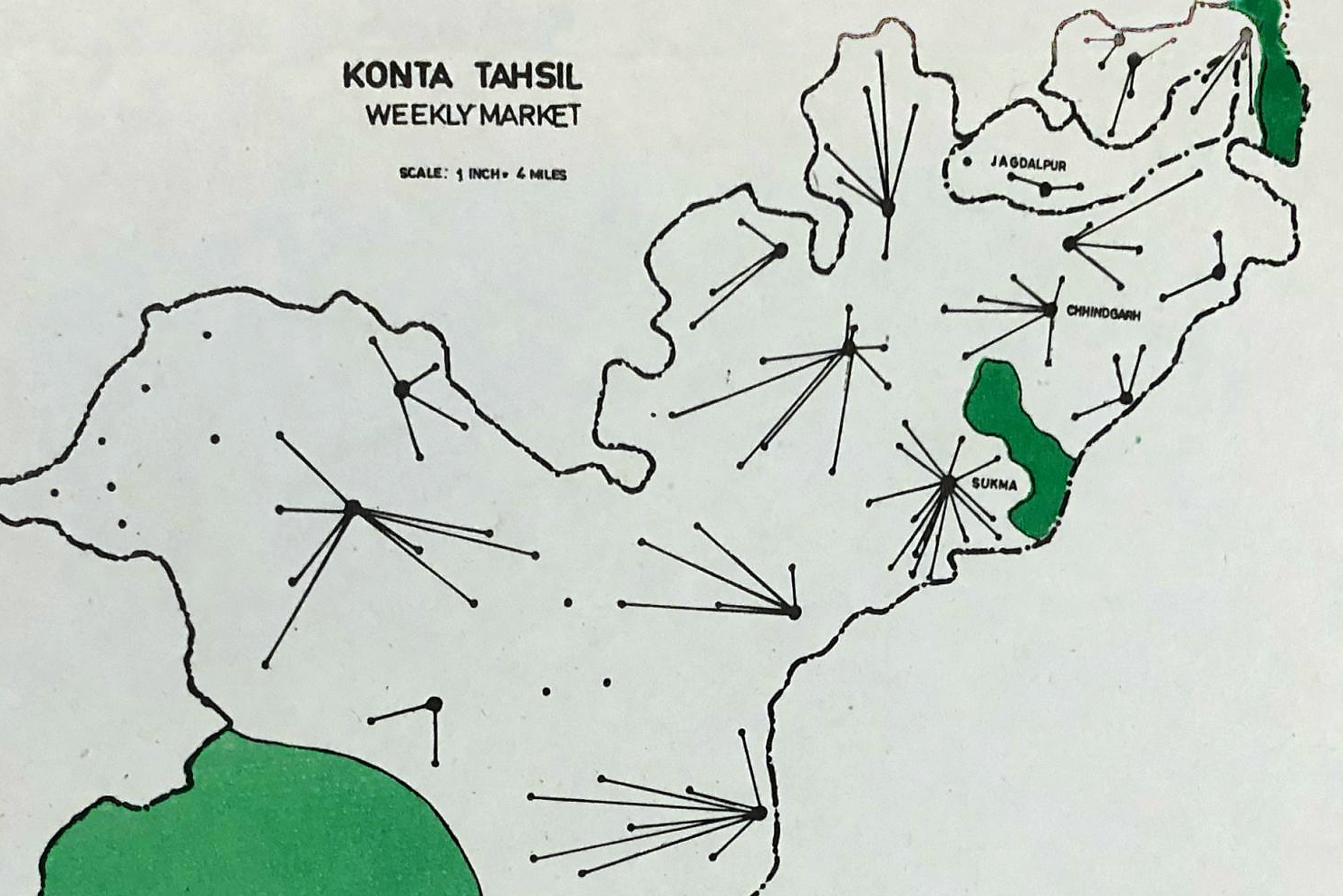
The project examines articulations of testimony within a (shared but not-yet-public) video archive of anti-Muslim violence in India. Largely containing witness accounts partly redacted, the archive and equally the redaction, bear testimony to the political infrastructure of the violence. Simultaneous to the redaction of information, leaks and stings, appear as a counter flow. A proposed methodology is to work with processes of redaction and annotation between these materials as a way to productively perform the aporia that is the archive.
Rawabi as a Mega-Project
Esra Abd-elrahman (FA)
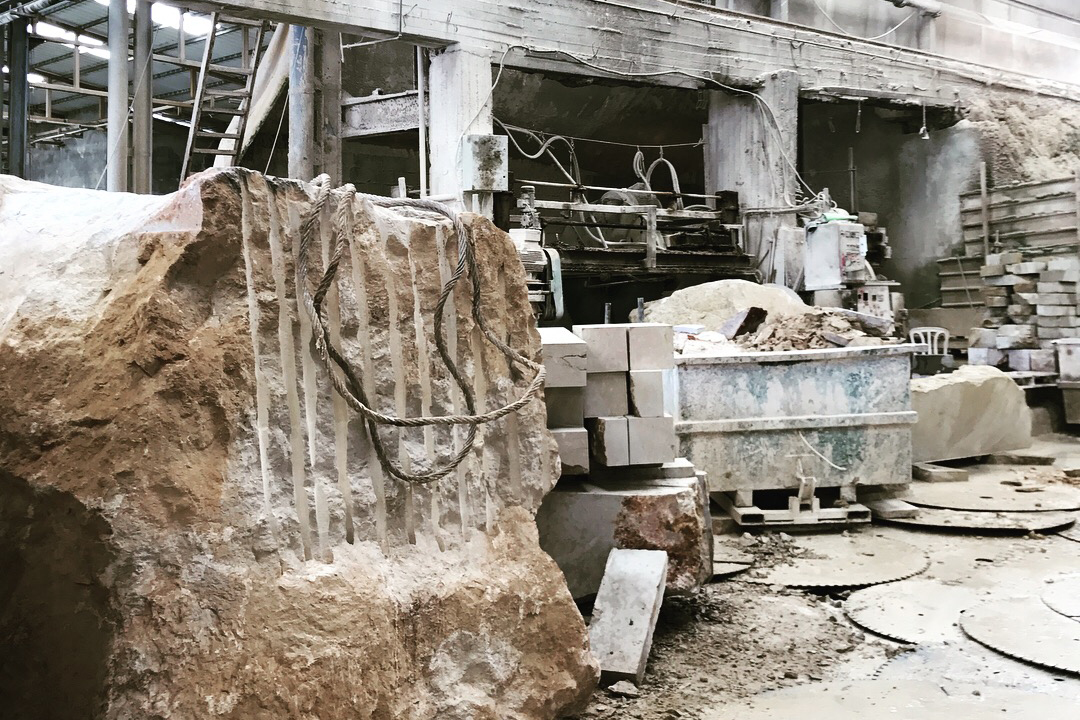
Rawabi, the first planned Palestinian city, is it a project of resistance? The city intertwines cultural elements of both Israeli and Palestinian architecture. Through this manipulation, I ask if it is succeeding in its attempts at creating an ideological image that entices influx populations of Palestinians to fill the role of its ‘Invisible citizen’? I draw comparisons from the mega-projects that stem from the Gulf region, comparing their function, marketing strategies, funding, growth and how this project is functioning in the political climate it is situated on.
Hostile Environments: The Alps as Space of Conflicts
Riccardo Badano (RA)

In the attempt of crossing the Alps on foot, asylum seekers are endangered by temperatures that dip dramatically below the zero, snowy cliffs and icy ravines: many of them, retrieved by Alpine Rescue Teams, suffer massive injuries. State actors can efficiently screen behind the natural elements to deny their responsibility. My research proposes to map the weaponisation of the terrain as a political strategy of deterrence (and, consequently, redistribute accountability) as well as the efforts trans-national groups of activists put in place to counter-deter that system and facilitate the “free circulation of bodies” across the Italian-French border.
Architectures of Exclusion: Atmospheres and Alternative Development in and around the City of Calais
Nelson Beer (RA)
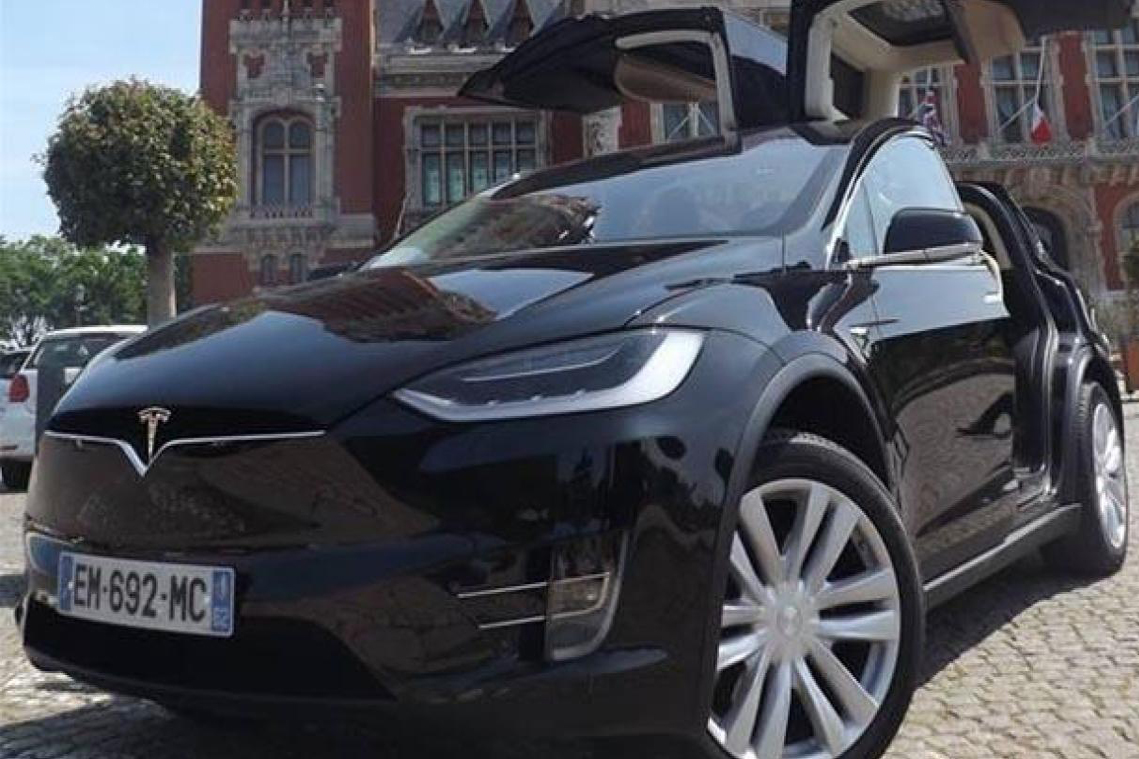
Today, air has shifted from its outsider state to become the pivotal discipline for the exercise of power and law; operations that themselves flux and flow, dissimulate and adapt to deceitful forms in order to keep populations safe and ensure economic expansion. In an attempt to define how atmospheres are utilised in militarised environments, border protection and social inclusion, I observe what atmospheres are made of: intrinsic to the imaginary, yet creating a distance with the outside. I look at how building atmospheres in and around Calais creates shared imaginaries which themselves are at the origin of spatial partitioning.
38°19’28.02”N; 26°5’31.47”E Distant Images or Fragments of Containment
Guillaume De Vore (FA)

The research project takes me to Greece – one of fortress Europe’s borderlands. Is the Greek nation-state itself a space of confinement and exclusion for illegal migrants en route for Europe? How confining are refugee camps, detention centres and other supposedly temporary halts throughout the path of migrants? What are the existing alternatives and modes of resistances to such intolerable states of confinement? Can social movements resist imposed forms of fixity and fluidity? Can other networks be created where people and resources meet? Can places of counter-confinement render states of crisis visible?
Coastal Screens: Image Re-organises Material
Halima Haruna (RA)

My research interests interconnect local geopolitics and personal geopolitics. Through video, performance, design and writing; I conduct an archaeology of the interior, of the milieu that holds the temporal and spatial qualities. I work through and with ever-resolving ontologies of Blackness, in the academy and outside of it, metamorphosing and articulating myself as the site of study. Focusing on the Eko Atlantic and the Lekki Free Trade Zone public-private projects being constructed on the coast of Lagos state in Nigeria. I work with a Black politics of time and logistics of shipping, land grabbing, and the fast-moving consumer good.
Cathodes
Patrick Harvey (RA)
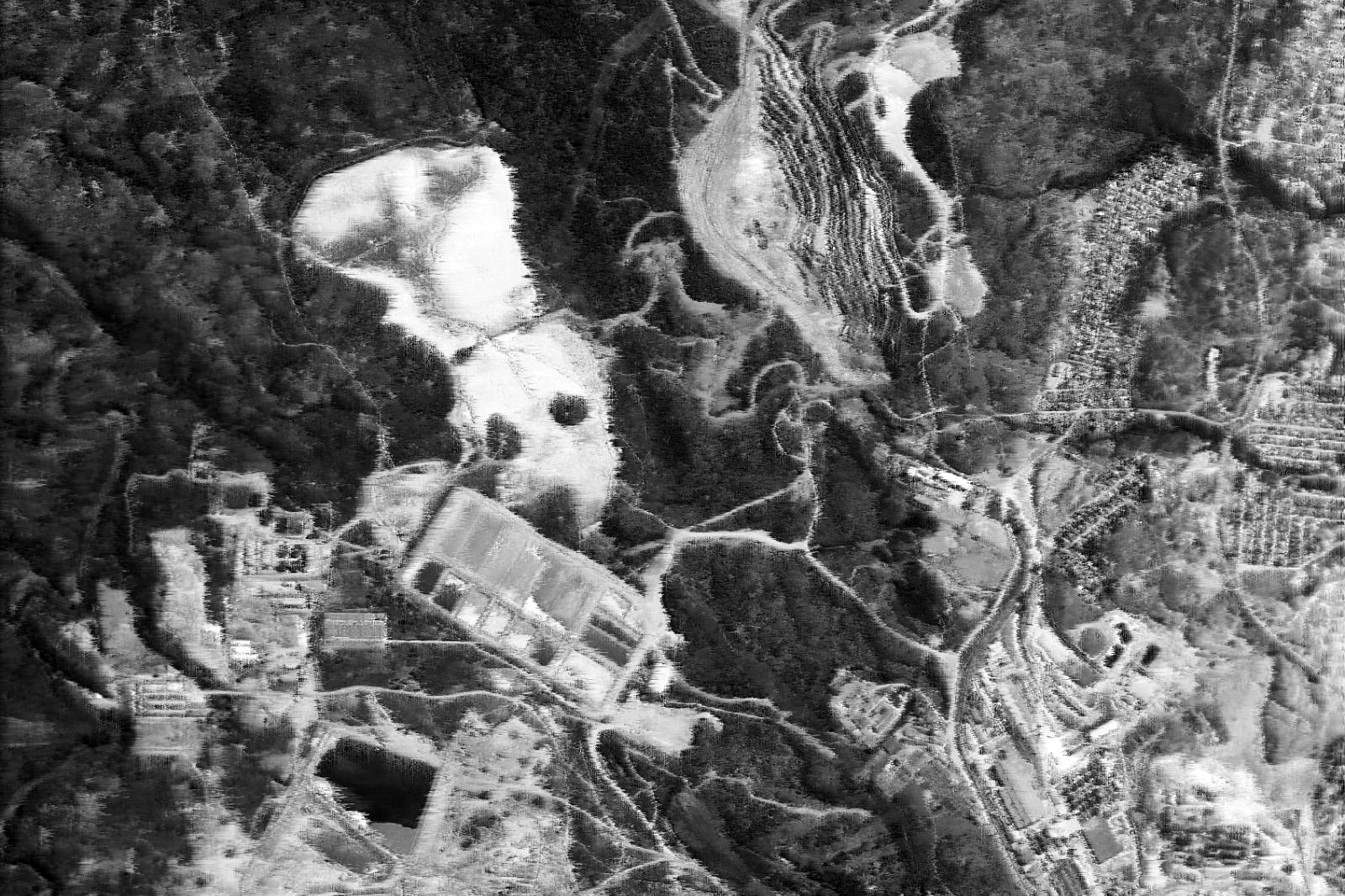
My research examines the Democratic Republic of Congo’s cobalt industry, focusing on pivotal moments and spaces where land, resources, and capital go through a process of either legitimisation or de-legitimisation as they flow between the hands of the Congolese people and the global market. These processes are investigated through the conceptualisation of what constitutes the contemporary ‘grid’. An abstraction stemming from the 1970’s off-grid movement, and a notion presented as a mediating threshold between the Congolese and the globalised world.
Earth as Spectrum Archive
Rebecca Huxely (RA)
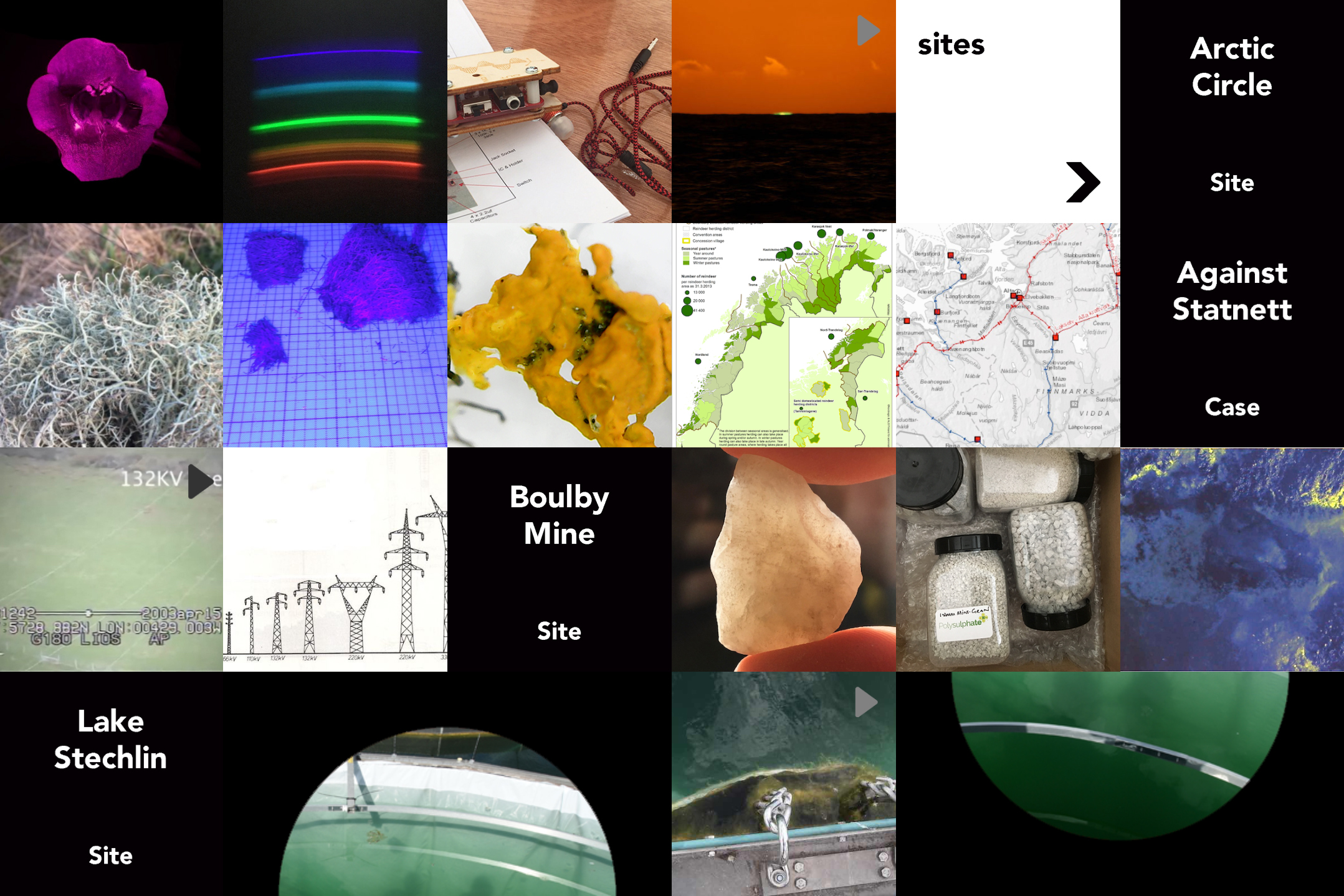
The observatory, whether operating beyond or within the earth’s atmosphere, on the earth’s terrain or below it, offers a view or lens through which one can learn about that which one cannot see with the human eye alone. The observatory has offered the human a means of using darkness to situate itself in the universe, whilst using light to situate itself on earth and within its memory. This research is navigated through exploring the ‘observatory as concept’ - that is, a place where a ‘thing’ is brought into perceptibility and becomes apparent in relation to its environment. Historically a place of discovery but also ratification and designation. that has been mediated by a colonial lens. The work traces scientific, social, political, ecological experience of light and dark via the ‘observatory as concept’.
Explore the archive here.
Explore the archive here.
Counter Pastoral
Anne-Sofie Hvid (FA)

The rural is a hybrid space shaped by conflicting ideologies and spatial narratives. From high-tech agriculture, land speculation and logistical interface, to deep ecology and nature as imaginative projection screen the rural serves as a narrative fabric mobilized for various political purposes. Denmark, a relatively compact geographic area, holds one of the most efficient agriculture industries in the EU, but also the poorest nature in terms of biodiversity along with an increasing inequality relative to the distance from the urban centres. My research investigates the relations between spatial capitalism, “cheap nature” and the social and cultural crisis of rural Denmark.
World Hothouse with Many Rooms
Rob Krawczyk (RA)
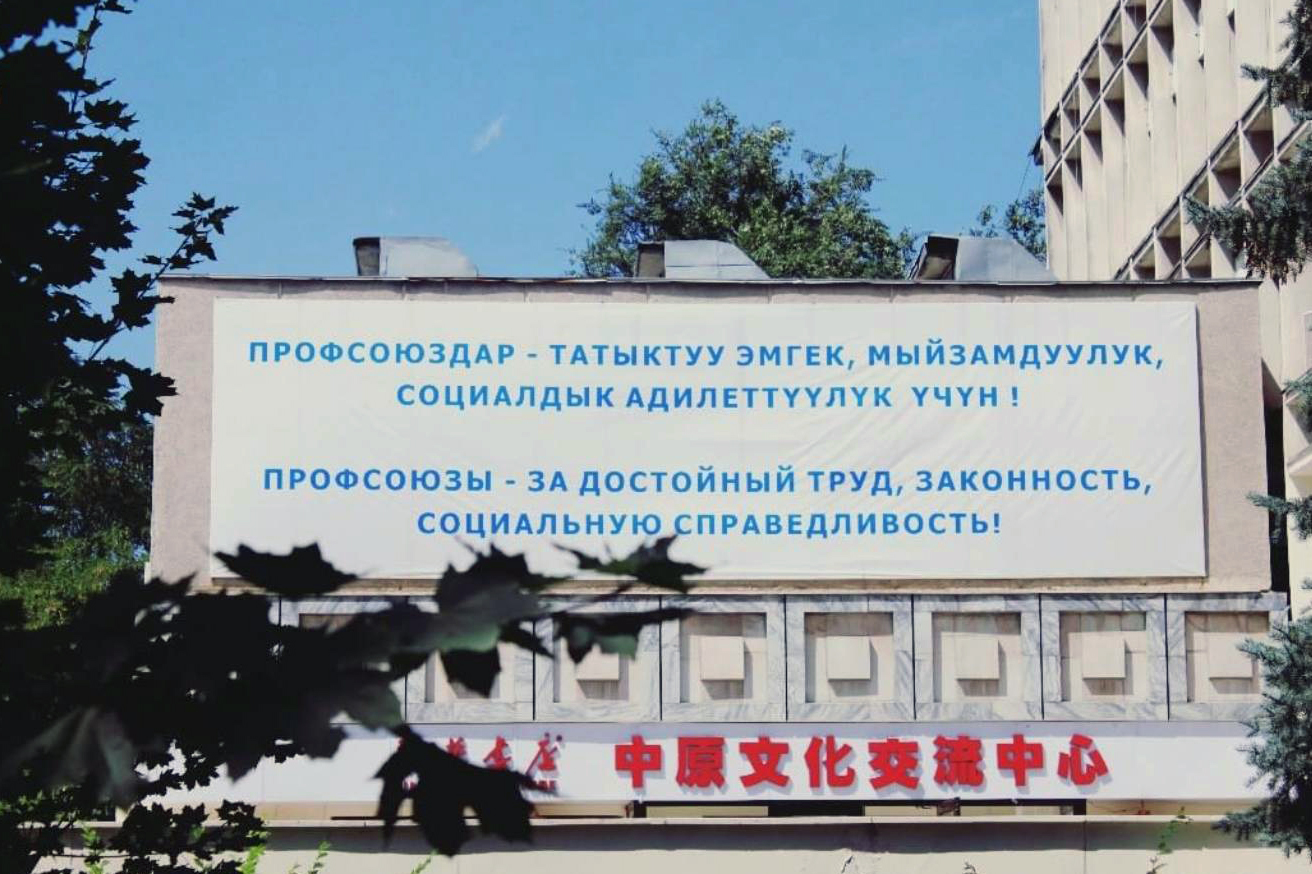
My research seeks to elide a diverse set of geometric vitalisms, most acutely, Peter Sloterdijk’s “Spherology” in opening out the architectural, linguistic, philosophical and sociological elements of China’s Belt and Road Initiative. The New Silk Road is a cosmic machine, scattering a neighbourhood of aquiline spheres across the spine of three continents, weaving polyhedral oases in black, grey and fractal forms — of financial, industrial, mineral and technology clusters — stacking into dense columns stretch-strained through distance. The New Silk Road is a universe of co-fragile influence spheres we now live in east-west convergence times.
Slow Violence in the Deep Sea
Enrico Murtula (FA)
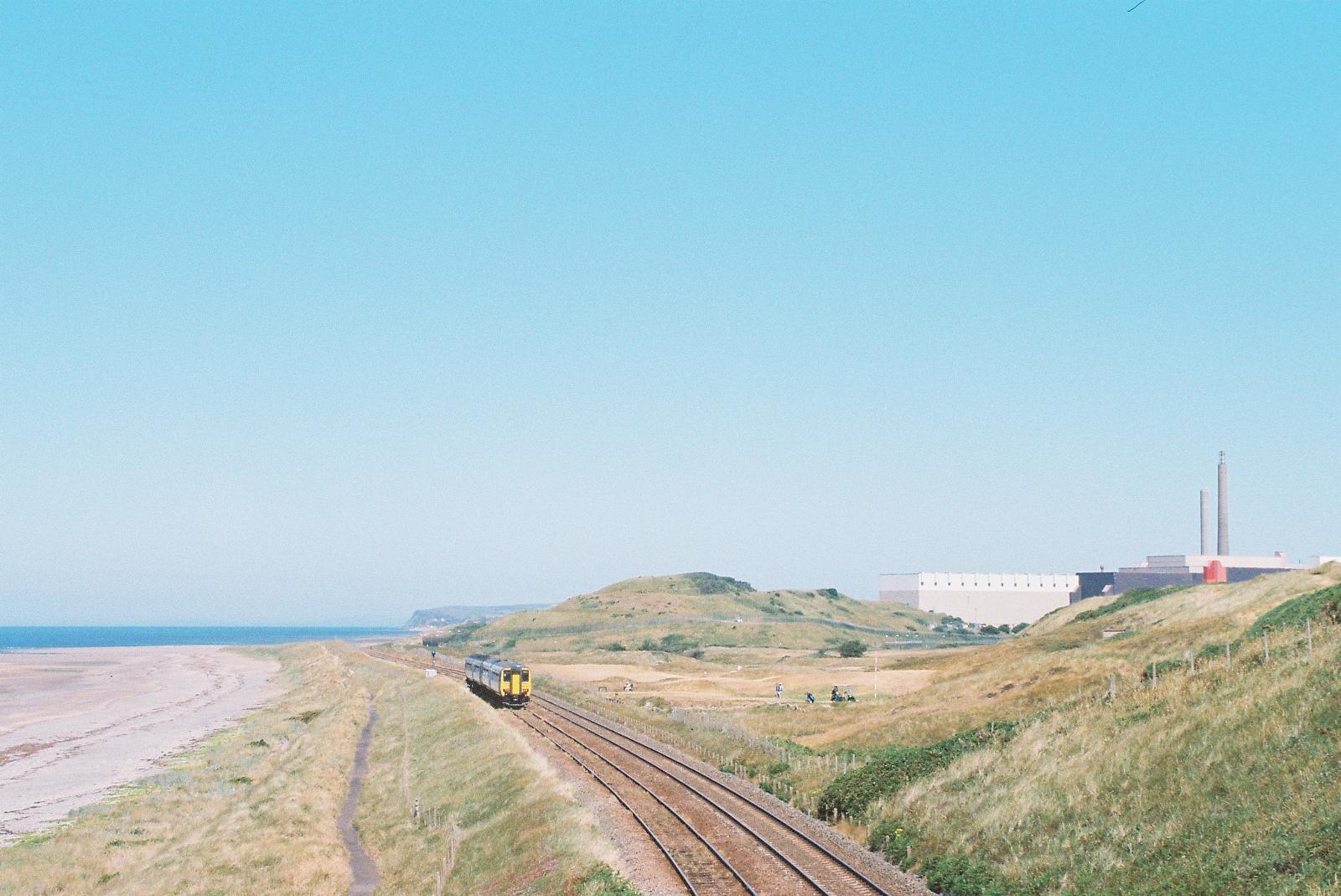
Most of our Planet’s surface is not reached by sunlight, because of the layer of water above it. This is the ‘Deep Sea’, a frontier soon to be explored and mapped, by means of new technologies. The impossibility of seeing through the ‘Deep Sea’ is often used as a justification for freely using and abusing it. National regulations are still allowing nuclear reprocessing plants to discharge radioactive waters into the sea. Out of sight, out of mind. Environmental advocacy requires new conceptual tools to expose the slow violence that operates in the ‘Deep Sea’.
The Black (D)rift
Imani Robinson (FA)
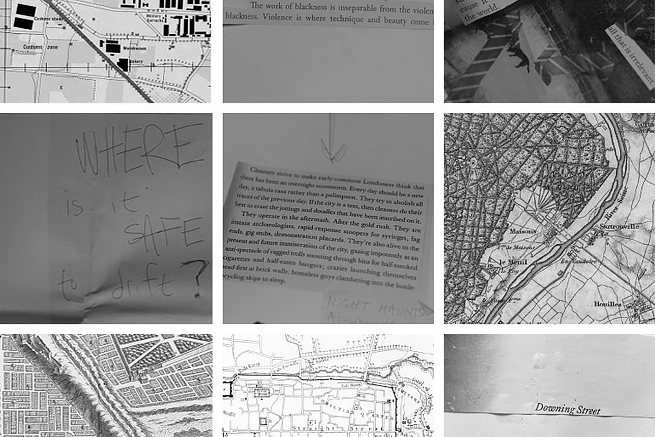
The Black (D)rift is an ongoing curatorial and research project exploring the spatial dynamics of black interiority, objecthood, and affect through encounters with particular sites, geographies and temporalities of the afterlives of slavery. My practice works with prose, poetry, orality and performance and I am interested in how Blackness moves through space and time. My research explores the area in which I grew up, which is also the area that holds Grenfell Tower, Notting Hill Carnival, and an urgent, logistical history of migration, housing, policing, surveillance, disaster, resistance and movement.
Fort Vert
Hanna Rullmann (FA)

My research analyses the construction of a natural reserve at the location of former refugee camp ‘The Jungle’ in Calais, France. After its destruction in October 2016 the City Council of Calais quickly established plans for the plot to be absorbed into the neighbouring natural reserve named ‘Fort Vert’, funded in part by the UK Border Force. The landscape design utilises several natural features for the purpose of preventing new settlements, while also creating a habitat that will stimulate the re-appearance of the protected fen orchid. As the new natural landscape is shaped, a discontinuity in memory and visibility emerges.
Translocal Practices of Care
Ariadna Serrahima (RA)
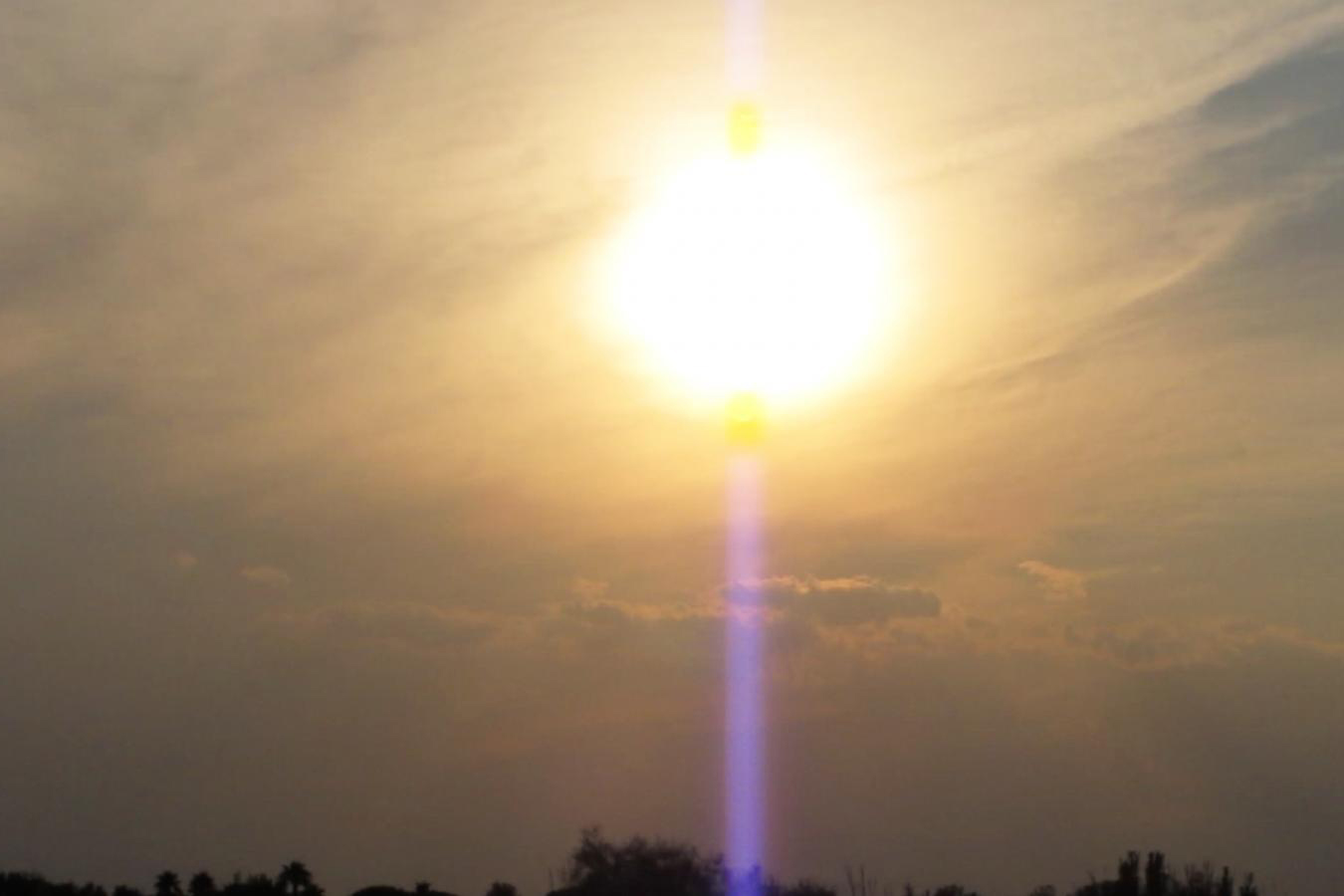
My research investigates daily performed gestures that operate within minority communities as active forms of resistance. I examine the socio-political complicities between Catalunya and Kurdistan and how these two stateless peoples have shared forms of self-management practices at the margins of capitalist infrastructures. I am working with the Kurdish Community Centre in London and the “Cooperativa Integral Catalana” in Barcelona in order to examine how both collectives develop multiple forms of assembly and communal gathering as fundamental practices of care, and through which they generate a common space for transformation, reorganisation, insistence, resistance and daily protest.
Speculation(s): Extraction and Finance in Spain
Elena Solis (FA)
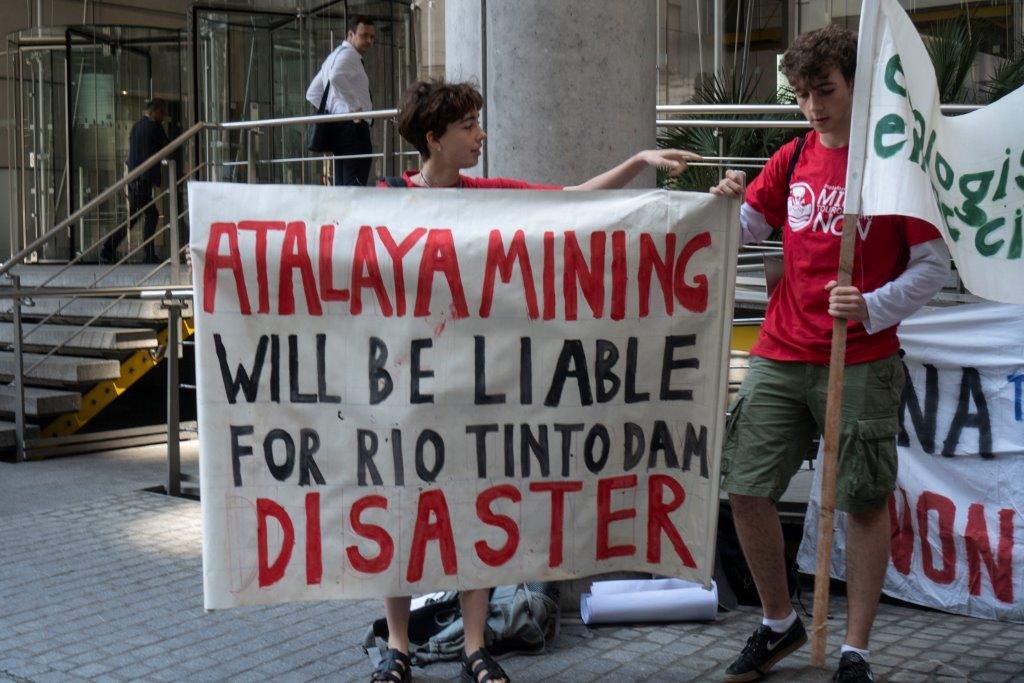
At a time of economic decline, when extraction finance is displacing real production of raw materials, there appears to be an acceleration of exploratory and exploitation projects in Spain. The apparatuses of financial exploitation are immersed in subterranean geography of investment alchemy, premature profits and social struggle obfuscation. Given this perplexing reality, it is pressing to speculate as to the underlying logic of these fictitious extractive operations and the opaque web of supranational, domestic, private and public connections, so we can demystify the hyperrealities of supply security, technical progress and energy transition failures, which are presented to us as inevitable.
(Non-)Human Shields: Urban Renewal as War
Ido Tsarfati (FA)

Rather than examining the way Israel preserves its territorial claims through the familiar militant protection, my research investigates the domestic arena. In accordance with the law, Israel encourages an integration of Mamad towers (vertical private shelters) as an element of reinforcement in residential buildings, a structural act of the urban mechanism of Tama 38, a current nation-wide plan for the protection of domestic buildings from local natural threats. I focus on the way in which militant strategies are manifested ideologically and physically in the domestic space, increasing the safety and stability throughout the country and improving Israel’s ability to attack.
Sound as Catalyst in the Siege of Sarajevo
Clive Vella (RA)
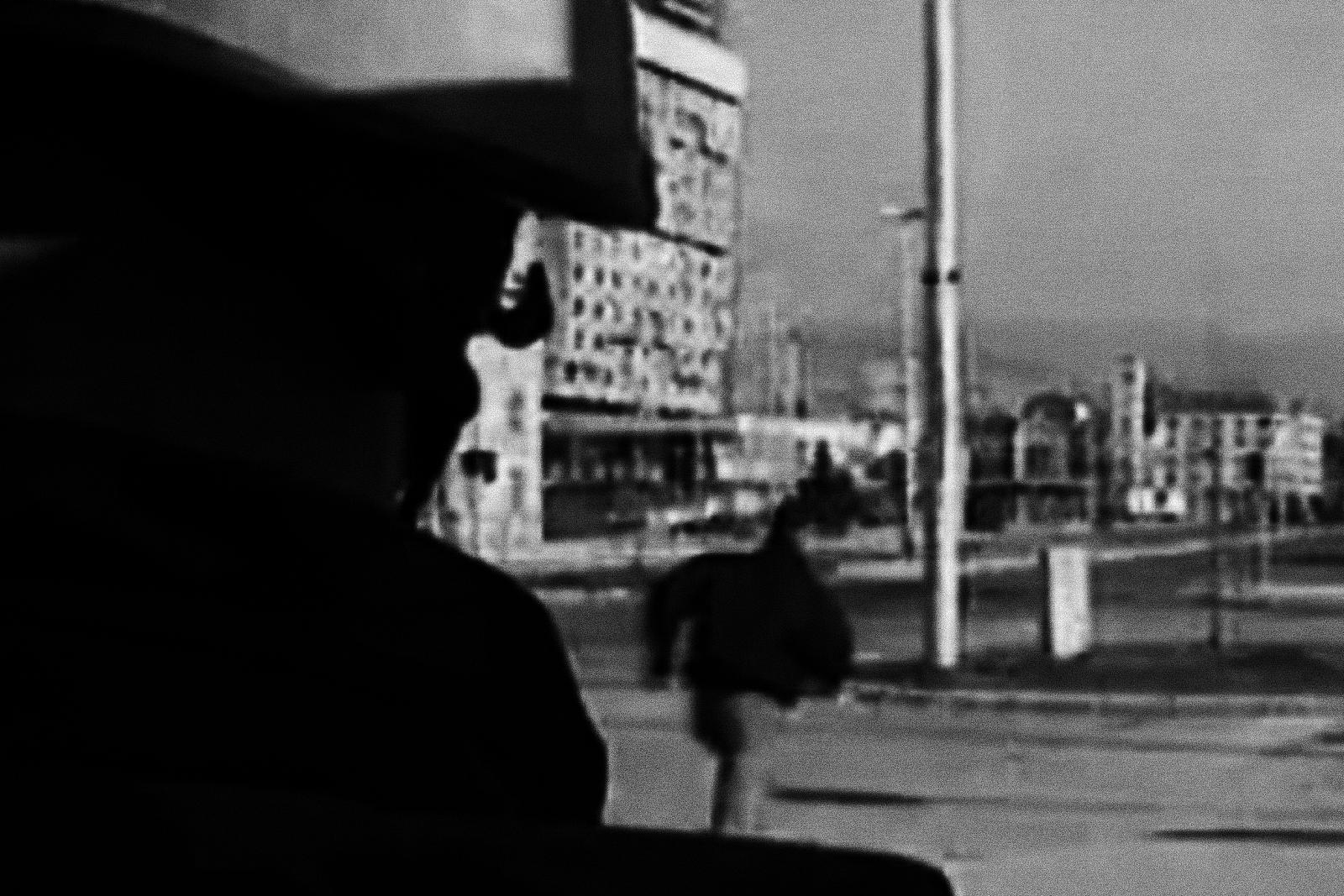
The Siege of Sarajevo, during the Yugoslavian wars, incorporates disparate layers that extend from the logistical, architectural, affective, and beyond, making it an ideal case study in which a sound-based analysis raises the question of how these high-stake situations, incorporating predominantly acoustic phenomena, provoke territorial reconfiguration. By focusing on singular points of the Siege such as sniper attacks, I consider how the the bullet as territorial agent, may grant us an outlook on the effect of sound within active engagement, sound as a catalyst to complex material mobilisations, changes in pace, mobility, distribution of supplies, and changes in infrastructural flow.
Albedo: Reflecting on Mental Health
Liza Walling (RA)

Today, light is a potential cause of poor mental health, administered as a treatment, and used to “image” a condition which is exceptionally non-visible. We see this through Seasonal Affective Disorder’s (SAD) widespread diagnoses and eco-anxiety’s penetration of popular media. My research deals with geo-spatioal medicine and light conditions. It studies how artificial and natural light have been deployed to act as a solar prothesis at various scales; the cityscape, the bed, and the protein. Light has become an inter scalar device explaining and creating relationships between minds, bodies, and environments.